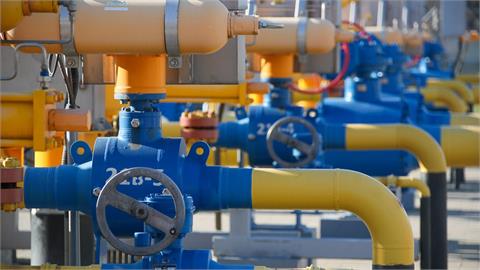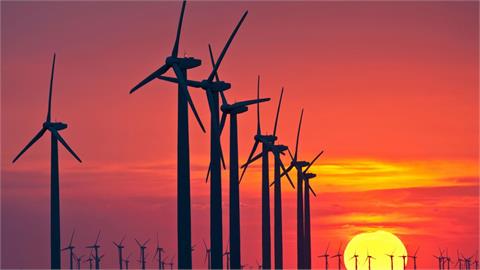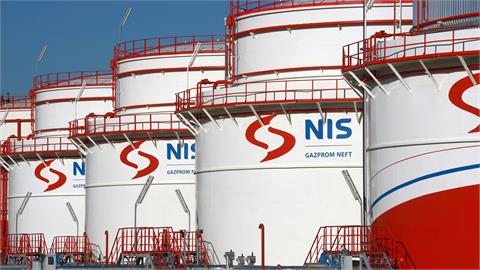Energy-related carbon dioxide (CO2) emissions in the U.S. is estimated to fall in 2019, according to the country's Energy Information Administration (EIA) on Monday. The U.S.' energy-related CO2 emissions increased by 2.7% in 2018 from the previous year, but the EIA said it expects a 2.2% decrease in CO2 emissions for 2019 year-over-year.
"Nearly all of the forecast decrease is due to fewer emissions from coal consumption. Forecast natural gas CO2 emissions increase and petroleum CO2 emissions remain virtually unchanged," the EIA said in a statement.
In the first quarter of 2019, which is typically the period with the highest CO2 emissions in the U.S., energy-related emissions in the country totaled 1,367 million metric tons (MMmt) -- nearly equal to those in the first quarter of 2018, according to the EIA. The first quarter of the year heavily influences the overall annual trend, the EIA noted.
For the remainder of the 2019, the EIA anticipates that relatively mild forecast temperatures kept energy demand and resulting energy-related CO2 emissions below last year’s levels. The EIA said its expectations for weather are largely based on forecasts produced by the U.S.' National Oceanic and Atmospheric Administration’s (NOAA) Climate Prediction Center.
The administration forecasts CO2 emissions from coal decreased by 169 MMmt in 2019, marking the largest decline in CO2 emissions from coal since 2015. CO2 emissions from natural gas, on the other hand, is forecast to have increased by 53 MMmt this year.
"Both changes are largely due to forecast changes in the electricity generation mix as natural gas continues to grow as the most prevalent electricity generation fuel," the statement said. "Because the electric power sector consumes nearly 92% of the coal used in the U.S., expectations for both overall lower electricity demand and a lower share of coal-fired electricity this summer lead EIA to forecast lower coal CO2 emissions," it added.
The EIA stressed that although the electric power sector is using more natural gas, it does not expect the increase in natural gas emissions in 2019 to offset the decrease in coal emissions because natural gas-fired electricity generation is less carbon-intensive than coal-fired electricity generation. The administration says it expects CO2 emissions from petroleum consumption, which has increased in each of the past six years, will be virtually flat in 2019. Petroleum made up 45% of energy-related CO2 emissions in 2018, according to the EIA.
(Anadolu Agency)



